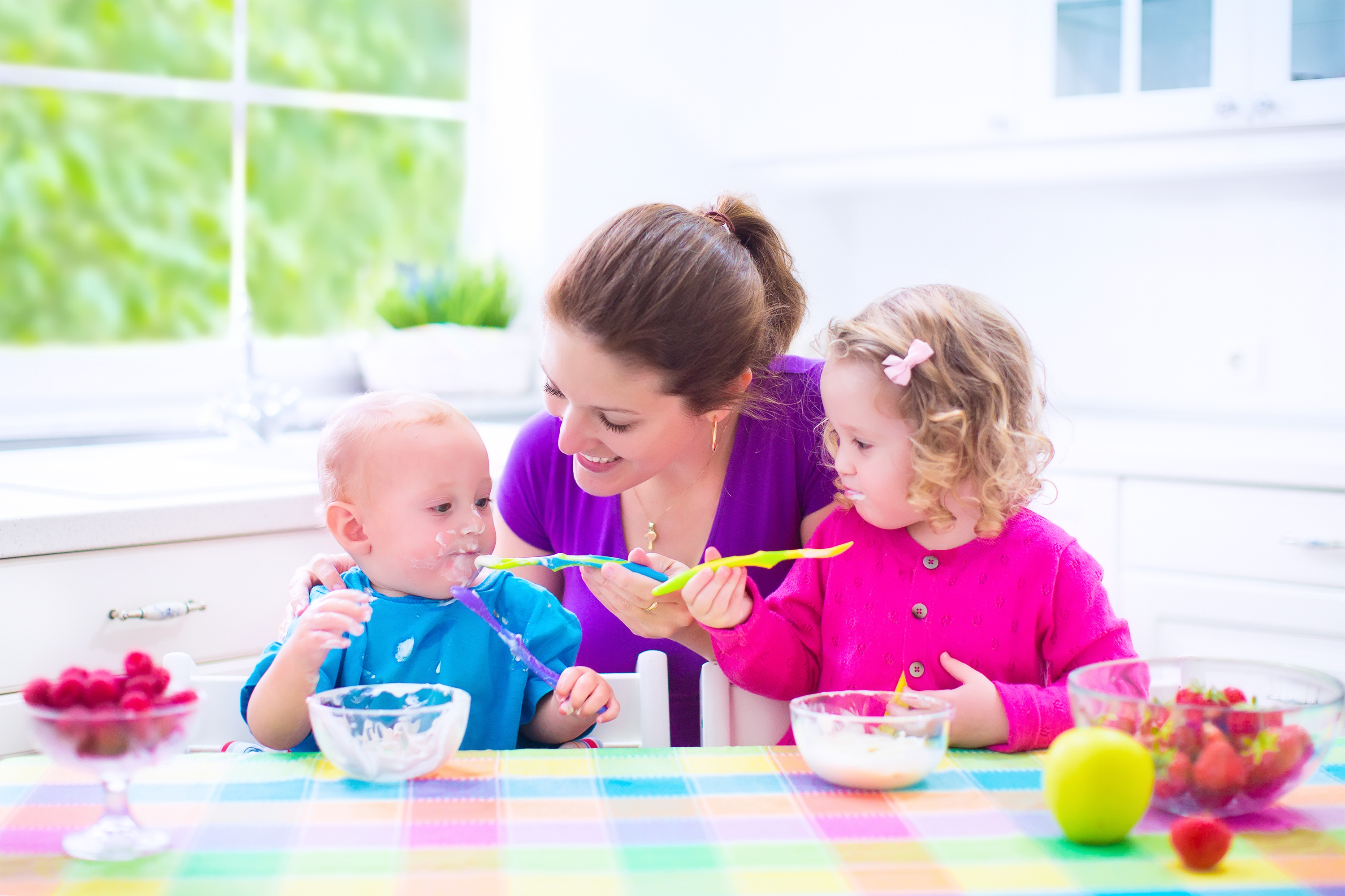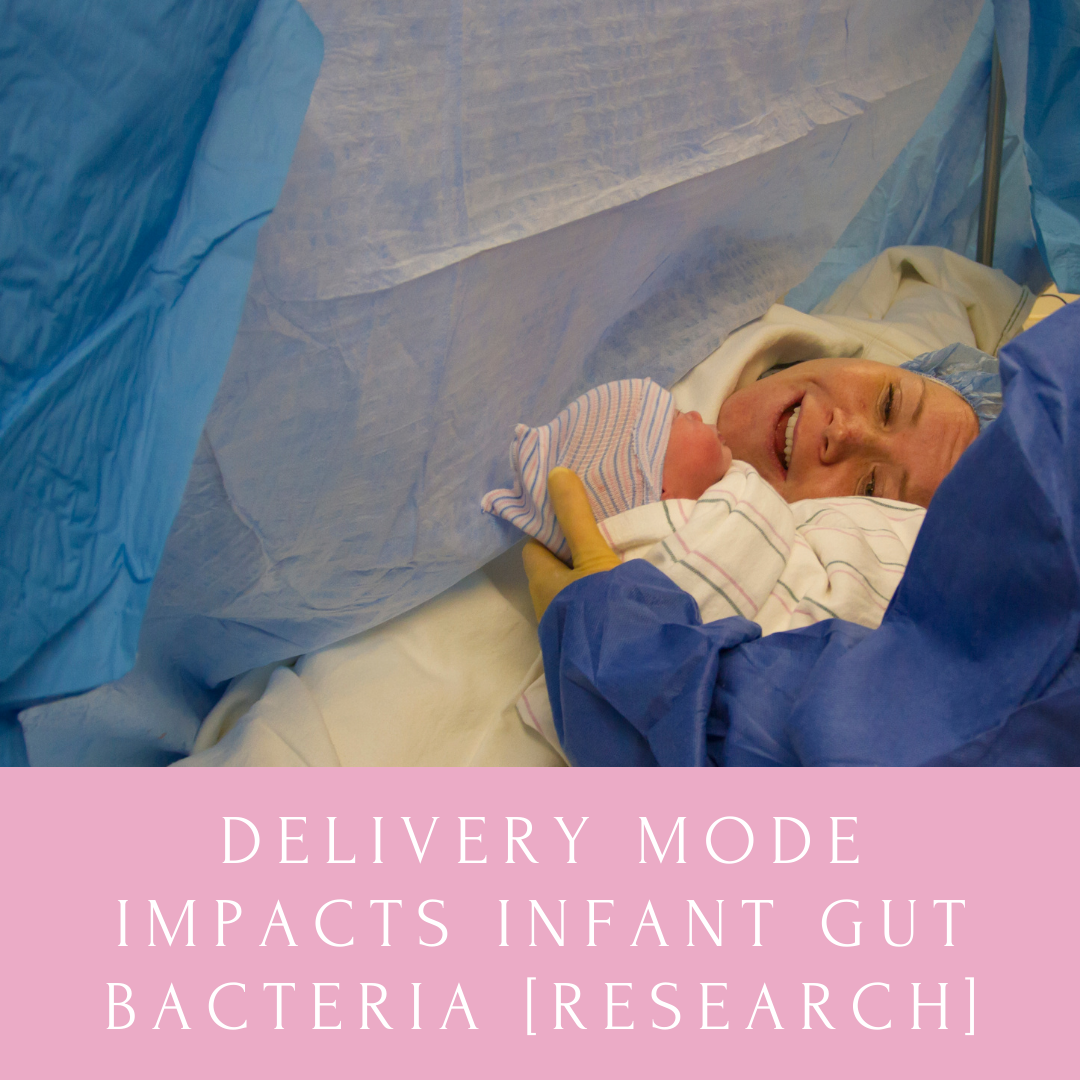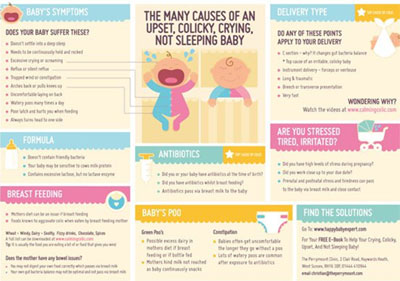
Nutritional help for the breast feeding mum
I one hundred per cent believe that the mother’s diet affects her breast milk. Bizarrely this is deemed a controversial statement, but it is just common sense to me. Some specialists believe that a mother’s breast milk will take what it needs from the mother to maintain the quality and quantity to nourish the newborn.
Having said this I know it isn’t the full story, or the most beneficial story to tell a mother.
Someone once posted a Facebook comment to me stating “Women in Third World countries have successfully breastfed their children forever”. Meaning that even the malnourished mother produces breast milk that can nourish their child.
I do believe in this and that breast milk is amazing, but where do you think the breast milk is getting its nutrients? The answer is that it strips them from the mother. And where does the mother get the ingredients to replenish her own health? From the food she eats.
Your diet nourishes YOU and YOUR BABY. And my aim is for you to both be in optiMUM health as a result of it.
The key is ensuring you are eating well and consuming plenty of protein, fat, carbs, vitamins and minerals. These are then passed onto your baby via your breast milk with any leftover for you.
It’s strange that mums eat so well when pregnant, but often change this completely when breastfeeding. Tiredness plays a big part in this, as well as a lack of time, leading to mothers overlooking good diet. Sugar loaded foods easily to hand seem the quick fix option. BUT, through good diet alone I have seen milk production increase especially when more protein is consumed by the mum. More milk, better feeding, better sleeping, happy baby, happy mother.
As a Naturapath, I am very passionate about this topic and even though there is little analytical research available to support this, I have analysed the diets of forty mums who in the past have visited my clinic seeking help for their upset/colicky babies. I have established that most of the time their diets have been generally quite poor and lacking many vital nutrients.
Another thing I established with these mother’s was they were all Vitamin D deficient.
Vitamin D is a major health nutrient.
A scientific study of women’s diets whilst pregnant, revealed that if women were Vitamin D deficient in pregnancy then Vitamin D was shown to be lower in the placental cord blood, which researchers then linked with the baby being more likely to get eczema. This alone proves my theory that what mothers eat does cause a variation in the nutrients supplied to her baby and the health of her baby too.
Did you have a C-section?
Another scientific study I came across that again got me VERY excited was a paper that revealed that mums who had had C-sections had lower protein content in their breast milk.
The study revealed that having a C-section actually changed the nutritional content of mother’s breast milk. The study didn’t offer any advice on what that means or what you should do, but here’s my personal opinion. If you had a C-section (and over 20% of mothers do) you should eat more protein in your diet to make sure your body has the best chance to get that protein into your milk and then into your baby. Make sure therefore, there is a moderate amount of protein in each meal you have.
Balancing blood sugar
I am now going to share some information with you that is HUGE, which a lot of pregnant ladies might not even know about. One of the things I recommend is the importance of a diet that balances blood sugar. This is achievable by eating in a very simple way, which is to eat protein, fat and carbohydrate at each meal and to eat three main meals per day and to have a mid-morning and mid-afternoon snack.
One study found that if a mother had poor blood sugar control then her lactation was impeded. Therefore, my personal conclusion from this is that controlling your blood sugar will improve milk supply and lactation. Another reason why a healthy, balanced diet is so important whilst nursing.
Insulin affects breast milk production
Another study looked at the hormone insulin, that helps balance blood sugar. This is the hormone that diabetics have a problem with so they get too much sugar in the blood. Scientists found that problems with insulin levels hindered breastmilk supply. In America 20% of women suffer pregnancy diabetes.
So having suggested that eating in a certain way helps insulin to work better you can see then also how diet can in turn aid mother’s milk flow too.
I hope this advice from my experience and research gives you something to help you and your baby during this breastfeeding period of your life. The advise is simple, to eat slightly better, you can still cheat through the day when meeting your new mum friends for coffee and cake. But definitely at your main meals have a combination of protein, fat and carbohydrates to maximise your breast milk production and to help support your own health too.








No Comments